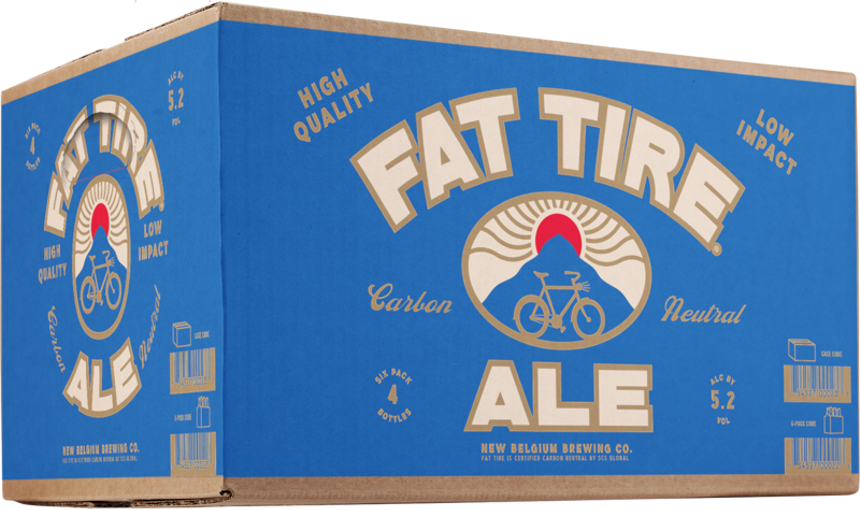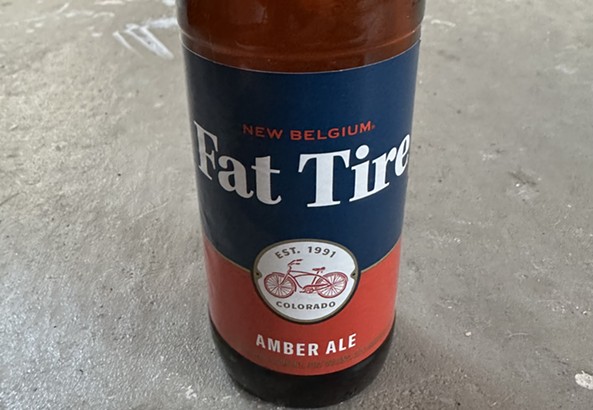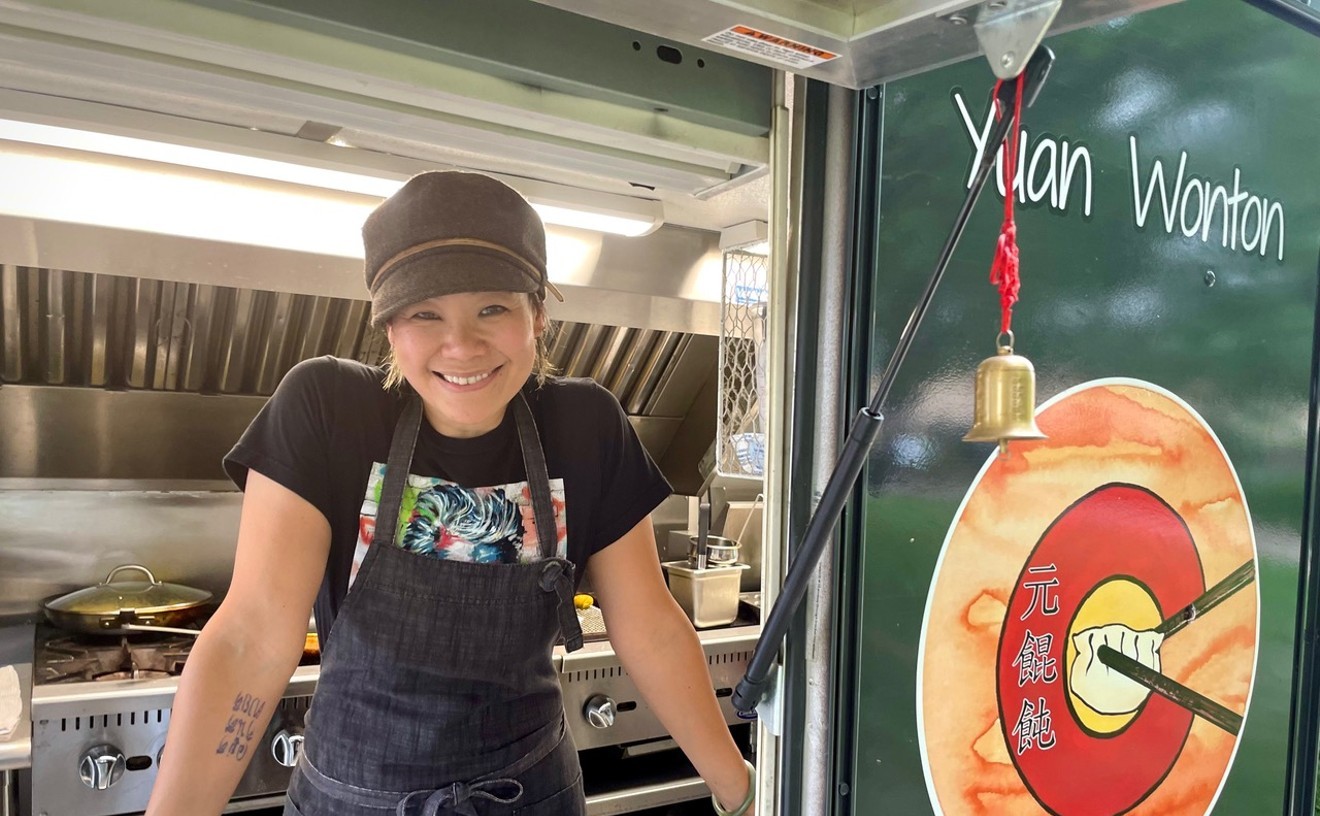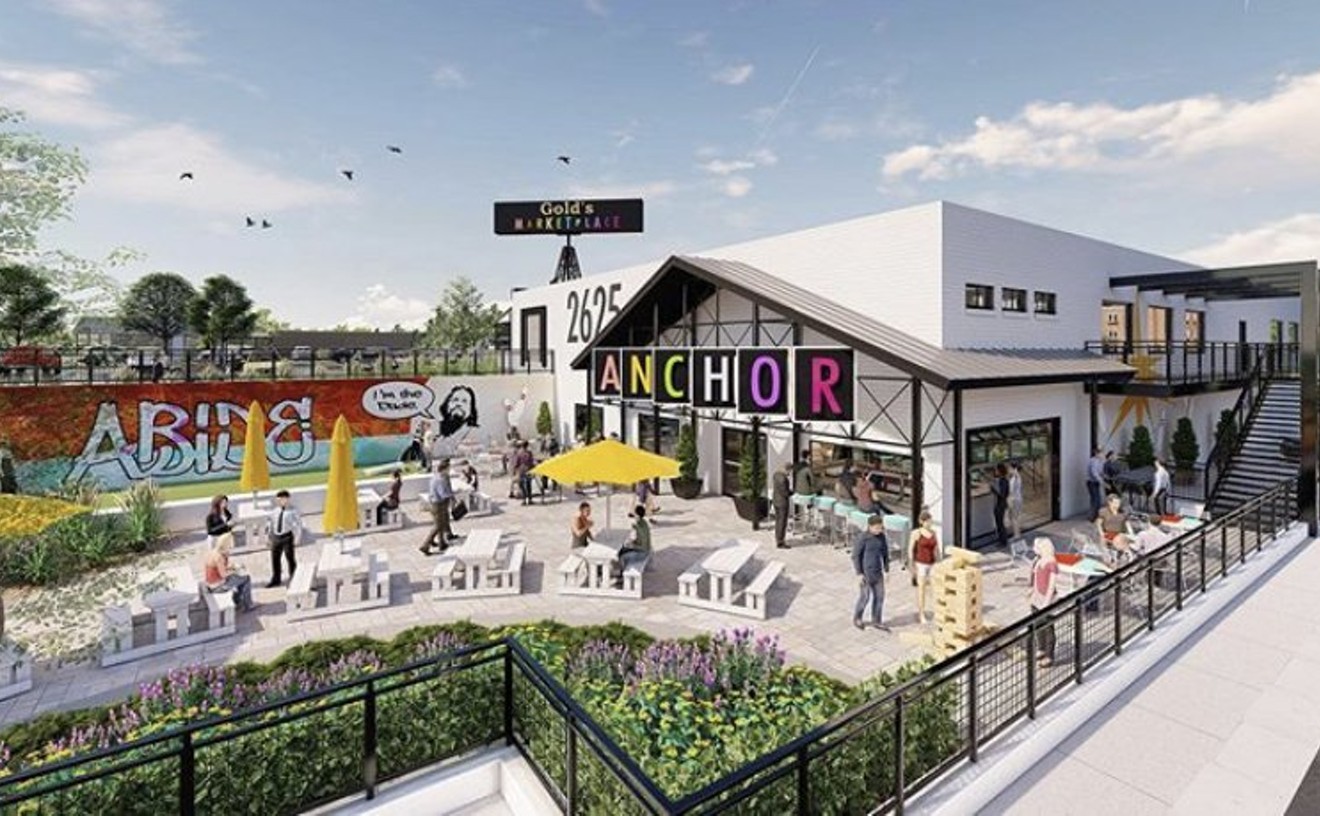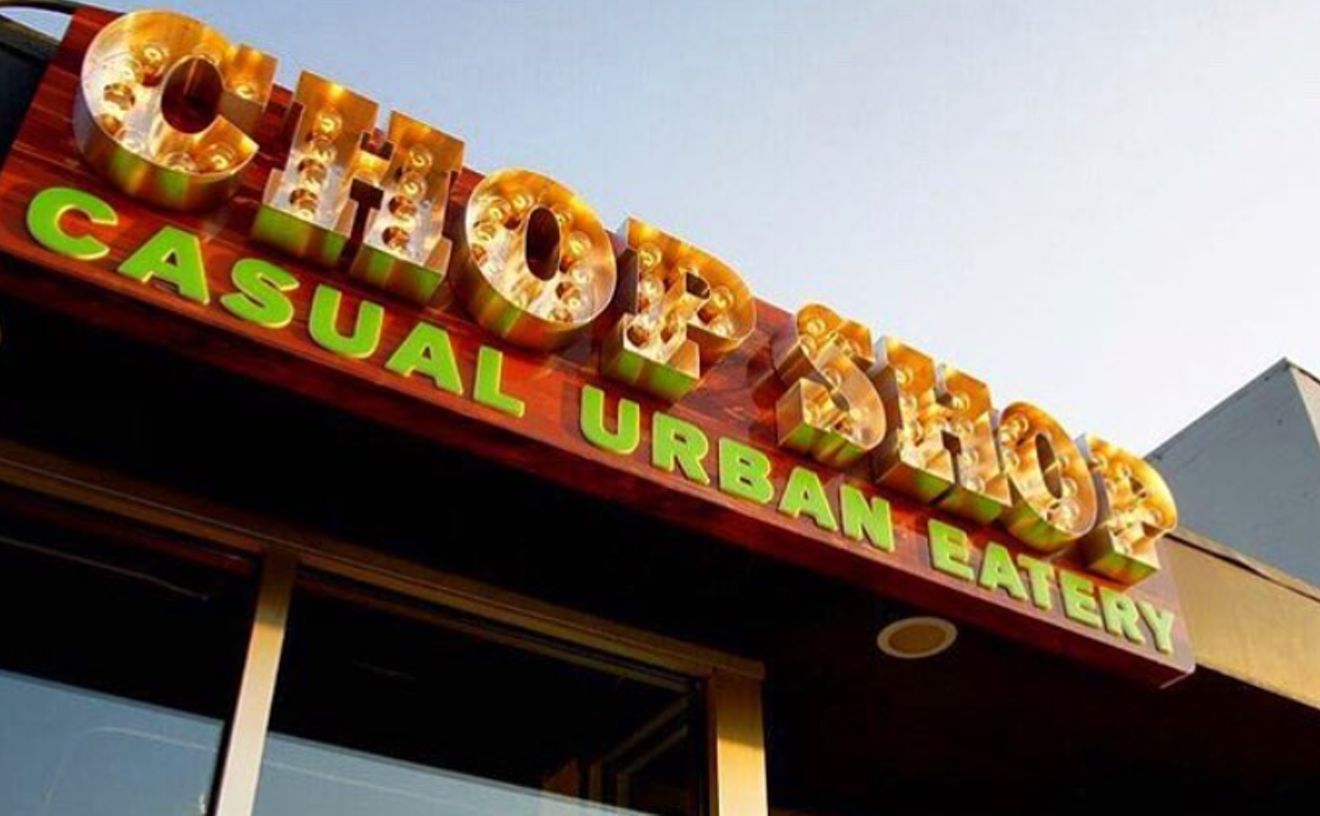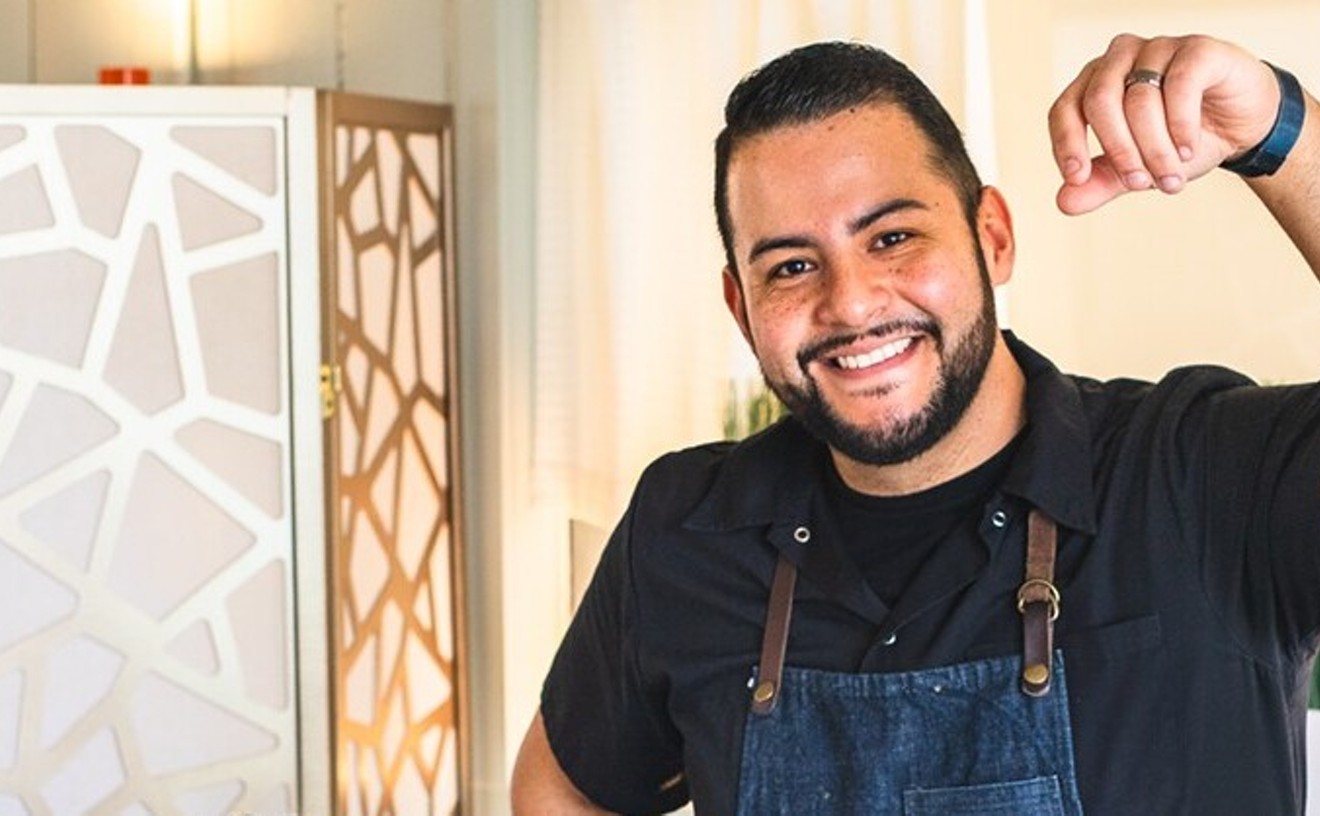Who else misses the old Belgium? Not King Leopold. The brewery.
As it did for many, Fat Tire pushed me into the world of craft beer. The amber ale from New Belgium Brewing somehow seemed more independent than Samuel Adams, but still connected with the masses. Walter White ordered Fat Tire on draft when we still thought he had a soul. Your dad's favorite TV detective drank it in Bosch. Our tastebuds felt dignified as we told drinking buddies about the virtues of craft beer like Fat Tire and how they extended beyond the palate.
The Fort Collins brewery always presented itself as more than just a money-making operation. It was employee-owned, paid its workers on salary, donated tips to charity, and even used sustainable brewing processes. But the beer is what made us fans. Trippels, wits and IPAs, all time-honored results of European brewing practices, were innovative, while big beer in the U.S. obsessed over calories and color-changing cans.
New Belgium showed countless American drinkers that beer was for more than chugging while pushing forward a craft beer scene that is still an integral part of Colorado. That would've been impossible without Fat Tire — but the very movement New Belgium helped spark is now moving too fast. After 32 years, Fat Tire, as we knew it, is no more.
Pointing to declining sales, New Belgium has reworked its flagship beer, replacing the familiar with a new recipe and branding. You might find cases of the old stuff at liquor stores around Colorado (for now), but the majority has already been replaced with the "new" Fat Tire, a slightly malty golden ale that tastes nothing like the original amber.
Fat Tire is far from the only casualty of the brewery's early creations. 2 Below, Blue Paddle, Shift, Slow Ride, Snapshot, Sunshine and the original IPA are just a handful of my favorites that died out as New Belgium expanded and rebranded in 2016, sold to a Japanese beverage corporation in 2019, and then expanded and rebranded some more. Now we have Voodoo Ranger IPA, skeletons in snowboarding gear on the packaging, and Fat Tire cans filled with New Coke.
I can't name one New Belgium beer, outside of the barrel-aged specialties, that I'd spend money on without Fat Tire in the mix. However, Kate Bernot's no-nonsense breakdown of New Belgium's decision shows that Fat Tire simply couldn't keep up with the rest of the company, and we're to blame.
"Since a peak year in 2016, Fat Tire has lost 52.2 percent of its volume in chain retail nationally. Even in its home market of Colorado, five consecutive years of declines in liquor, grocery, convenience, and other stores have cut its sales volume by 33.7 percent between 2017-2022," Bernot writes. "Fat Tire’s deflating sales haven’t stalled the brewery’s overall momentum, however. Total retail volumes for all New Belgium beers are [up] 58 percent since Fat Tire’s 2016 apex, buoyed by the brewery’s collection of Voodoo Ranger IPAs, which includes some of the best-selling hop-forward beers in the country. By rebranding and reformulating one of America’s most iconic craft beers, New Belgium shows it isn’t ready to give up on Fat Tire as a brand quite yet."
New Belgium knows it has more to lose with Fat Tire than with other discontinued beers. According to company lore, Fat Tire was created after co-founder Jeff Lebesch rode his bike through Europe to learn about brewing. Comments from the locals about his Colorado mountain bike and the malty flavors he encountered along the journey inspired the name and recipe of Fat Tire, which was crafted in Lebesch's Fort Collins basement. And to anyone older than 28, Fat Tire is more than just a beer. New Belgium's Tour de Fat, a national tour of events named after Fat Tire, promoted bicycle use, held concerts and poured lots of beer to happy attendees over the years.
Kirin Holdings Company, New Belgium's owner, isn't here for nostalgia if those memories won't sell beer, though. With another large brewery in North Carolina, nationwide distribution and stockholders to appease, Kirin's goal is to scale a trusted brand after a $352.8 million purchase, and Fat Tire wasn't moving the needle anymore — and neither was Tour de Fat, apparently. In 2017, there were 33 Tour de Fat stops across the country. Last year, the event was held in just three cities.
We've seen original fans of a brewery part ways after a buyout before. The quality and flavor at Goose Island Beer Company noticeably changed after the beloved Chicago brewery was bought out by Anheuser-Busch, while Ballast Point Brewing was reportedly sold at a massive loss four years after Constellation Brands purchased the San Diego brewery and distillery for $1 billion. Breweries that haven't sold out are departing from the classics, too: I can't find Odell Brewing Co.'s 5 Barrel Pale Ale, a Colorado beer staple, outside of Fort Collins anymore, but I can find plenty of Odell canned wine and hard seltzers around Denver.
For the past few years, drinking a Fat Tire would likely spark a snicker from a beer snob, and it's no longer new or exotic to the occasional drinker. Amber ales have dropped off in popularity across the beer market, too. Fat Tire was a dependable and damn good beer, though, with a malty flavor profile that punched above its weight class. As we crowded newer breweries, fawned over East Coast IPAs and paid $20 for a four-pack of pastry stouts, Fat Tire's popularity deflated, and we forgot that old friends need to be pumped up every now and then.
I will always miss the old Belgium, but it's never coming back.
[
{
"name": "Air - MediumRectangle - Inline Content - Mobile Display Size",
"component": "12017618",
"insertPoint": "2",
"requiredCountToDisplay": "2"
},{
"name": "Editor Picks",
"component": "17242653",
"insertPoint": "4",
"requiredCountToDisplay": "1"
},{
"name": "Inline Links",
"component": "18838239",
"insertPoint": "8th",
"startingPoint": 8,
"requiredCountToDisplay": "7",
"maxInsertions": 25
},{
"name": "Air - MediumRectangle - Combo - Inline Content",
"component": "17261320",
"insertPoint": "8th",
"startingPoint": 8,
"requiredCountToDisplay": "7",
"maxInsertions": 25
},{
"name": "Inline Links",
"component": "18838239",
"insertPoint": "8th",
"startingPoint": 12,
"requiredCountToDisplay": "11",
"maxInsertions": 25
},{
"name": "Air - Leaderboard Tower - Combo - Inline Content",
"component": "17261321",
"insertPoint": "8th",
"startingPoint": 12,
"requiredCountToDisplay": "11",
"maxInsertions": 25
}
]


